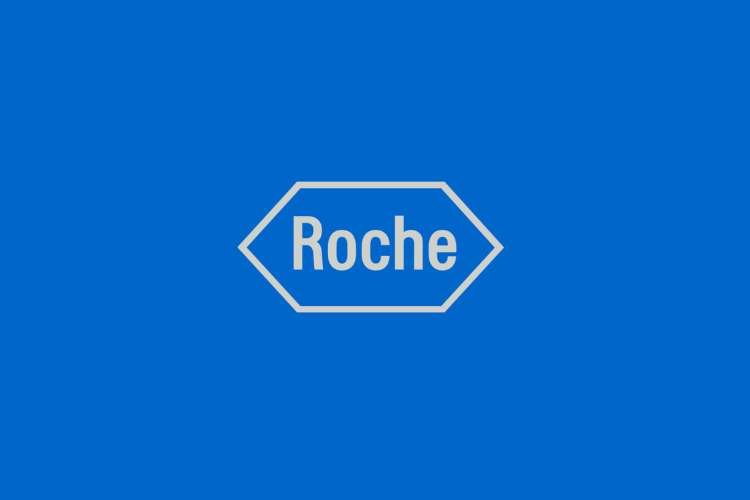While Roche has seen a decline in COVID-19 drug sales after the pandemic boom, the company is experiencing a resurgence in its blood cancer portfolio, particularly with the antibody-drug conjugate Polivy.
Roche’s confidence in Polivy’s success has grown, with the expectation that it will capture approximately 65% of the market for front-line diffuse large B-cell lymphoma (DLBCL). This is an increase from the previous projection of a 50% market share at its peak. Polivy has shown remarkable performance, surpassing Wall Street analysts’ expectations by 13%. Third-quarter sales reached 252 million Swiss francs, marking a 123% increase compared to the same period the previous year.
The growth is attributed to Polivy’s hard-fought FDA approval for previously untreated DLBCL in April, along with European Union approval in May 2022. Currently, more than 10,000 commercial patients worldwide are receiving this treatment. In the United States, Polivy has already achieved a 14% market share in the front-line DLBCL space, and it holds 29% and 23% in Germany and the UK, respectively.
Also Read: Roche Fined For Serious Breach Of Marketing Code By Failing To Disclose Safety Data
Roche anticipates several years of limited competition in the first-line DLBCL segment, allowing them to establish Polivy as the standard of care and explore new in-house combinations. A new phase 3 trial, named SKYGLO, is currently testing a combination of Polivy and Roche’s newly introduced drug, Columvi, on top of the FDA-approved Polivy combination with R-CHP in first-line DLBCL. Columvi is one of two bispecific antibody drugs recently introduced by Roche in the blood cancer field, with the other being Lunsumio, approved in late 2022 for treating relapsed or refractory follicular lymphoma. While Lunsumio has secured double-digit market share in various countries, its third-quarter sales missed analysts’ expectations by 40%.
Roche’s efforts to expand the use of Lunsumio into earlier treatment settings include the phase 3 SUNMO trial, which is evaluating the drug’s combination with Polivy in second-line DLBCL, with results expected next year.
Overall, these newer drugs are seen as a “rejuvenation” of Roche’s blood cancer portfolio, which was once dominated by Rituxan but experienced a significant decline following the launch of biosimilars. In the third quarter, Rituxan sales were down 13% year-over-year CHF 378 million.
Also Read: Vabysmo, Roche’s Top Eye Medicine, Crosses Blockbuster Threshold Ahead Of Competitors
Despite concerns about biosimilar impacts, Roche has improved its projection, now expecting a decrease of about CHF 1.1 billion in sales from biosimilars of Rituxan, Herceptin, and Avastin, compared to the previous estimate of CHF 1.6 billion. The company has also raised its COVID-19 sales guidance by CHF 500 million, now anticipating a full-year decrease of CHF 4.5 billion.
Roche’s reported sales have been affected by unfavorable foreign exchange rates, but the company maintains its group sales guidance, expecting a low-single-digit decline, thanks in part to its COVID products.





























